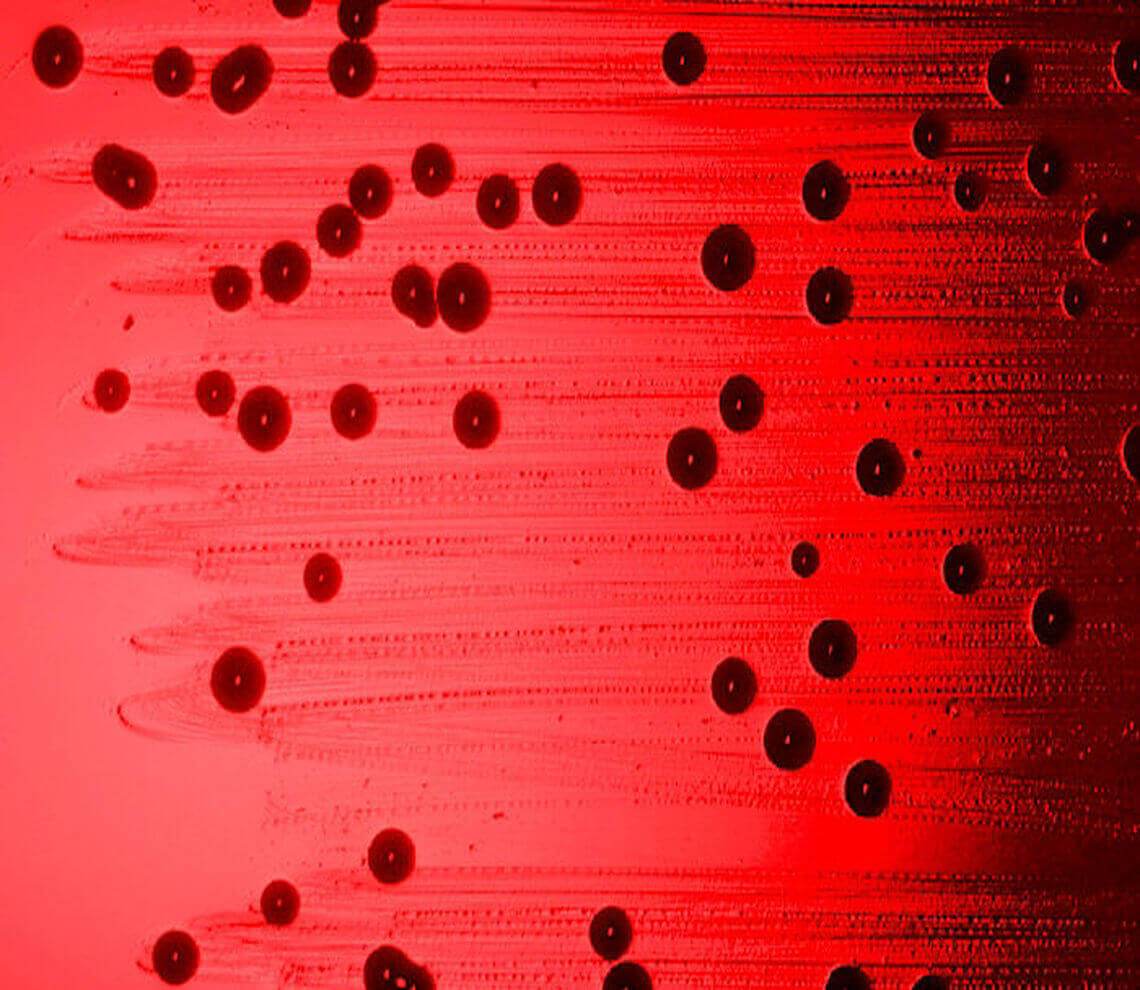- Our Suppliers
- MBS Monoclonals
- Mouse Anti-Bcl-2-UNLB
Product short description
Price:
326 EUR
Size:
100ug
Catalog no.:
GEN670009
Product detailed description
Gene name
N/A
Gene name synonims
N/A
Other gene names
N/A
Concentration
N/A
Purification method
N/A
Clone
10C2
Also known as
Bcl-2
Category
Antibodies
Clonality
Monoclonal
Immunoglobulin isotype
Mouse IgG1
Other names
bcl-2; N/A
Latin name
Mus musculus
Tested applications:
ELISA; Western Blot
Subcategory
Mnoclonal antibodies
Host organism
Mouse (Mus musculus)
Form/Appearance
Purified (UNLB) Antibody
Species reactivity
N/A; Due to limited knowledge and inability for testing each and every species, the reactivity of the antibody may extend to other species which are not listed hereby.
Description
This antibody needs to be stored at + 4°C in a fridge short term in a concentrated dilution. Freeze thaw will destroy a percentage in every cycle and should be avoided.
Storage and shipping
The purified (UNLB) antibody is supplied as 0.1 mg of purified immunoglobulin in 1.0 mL of 100 mM borate buffered saline, pH 8.2. No preservatives or amine-containing buffer salts added. Store the antibody ats should be kept in the range of 1-7 degrees Celsius.. The products should be stored at the antibodys should be kept in the range of 1-7 degrees Celsius.. Each product is stable for the period shown on the label if stored as directed.
Test
Mouse or mice from the Mus musculus species are used for production of mouse monoclonal antibodies or mabs and as research model for humans in your lab. Mouse are mature after 40 days for females and 55 days for males. The female mice are pregnant only 20 days and can give birth to 10 litters of 6-8 mice a year. Transgenic, knock-out, congenic and inbread strains are known for C57BL/6, A/J, BALB/c, SCID while the CD-1 is outbred as strain.
Specificity and cross-reactivity
Mouse and rat Bcl-2 (Mr 26 kDa) Apoptosis, or programmed cell death, is a well-documented phenomenon in many cellular systems.2 It plays a key role in tissue and organ development as well as in adult tissues during cell turnover. Apoptosis can be induced by a variety of internal and external stimuli including growth factor deprivation, cytokine treatment, antigen-receptor engagement, cell-cell interactions, irradiation and glucocorticoid treatment.3 Bcl-2 is a widely studied protein that has been shown to be a potent inhibitor of programmed cell death. It has been localized to the outer mitochondrial membrane, perinuclear membrane, and endoplasmic reticulum. Bcl-2 is expressed in memory and resting, or other long-lived lymphoid cells, follicular mantle cells, medullary thymocytes, and lymphomas. Germical center cells and cortical thymocytes are negative for Bcl-2. Upregulation of Bcl-2 prevents or delays apoptosis induced by a variety of stimuli, including growth factor deprivation, gamma -irradiation, glucocorticoids, and chemotherapeutic agents. During lymphoid development, expression of the Bcl-2 protein appears to be regulated in a stage-specific manner, and is thought to be a survival signal for positive selection. The monoclonal antibody 10C2 reacts with both mouse and rat Bcl-2.1; Since it is not possible to test each and every species our knowledge on the corss reactivity of the antibodies is limited. This particular antibody might cross react with speacies outside of the listed ones.
© Copyright 2016-Tech News . Design by: uiCookies

